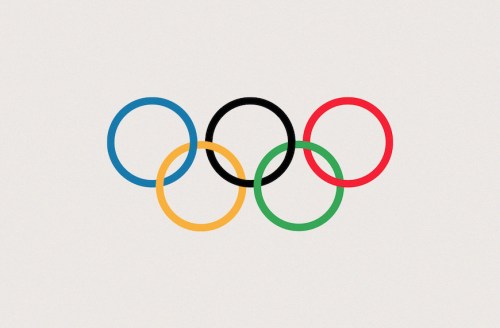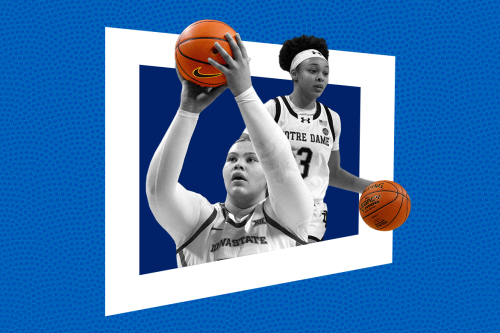Every four years, the world’s nations gather in one location for the summer Olympic games. Since the first event in 1896, the sports tradition has only been canceled three times, but as COVID-19 cases mount across the globe, the International Olympic Committee (IOC) have agreed to officially postpone the games until 2021, after a request from Japanese Prime Minister Shinzo Åbe. Yep, the 2020 Olympics are postponed and won’t be taking place come July.
In a statement made on Sunday, the executive board of the IOC had announced its plans to investigate the risk factors associated with not delaying the Olympics. “The IOC will, in full coordination and partnership with the Tokyo 2020 Organising Committee, the Japanese authorities, and the Tokyo Metropolitan Government, start detailed discussions to complete its assessment of the rapid development of the worldwide health situation and its impact on the Olympic Games, including the scenario of postponement,” read the statement. However, on Monday, the IOC’s longest-standing committee member Dick Pound told USA Todaythat the postponement was all but official, as pleas from teams worldwide began to roll in.
USA Swimming called a town hall last week to discuss pushing back the timeline on the games, Norway’s Olympic committee quickly dovetailed with a similar request, and the USA Track and Field (USATF) released an open letter on March 21 speaking on behalf of its athletes. “As we have learned, our athletes are under tremendous pressure, stress and anxiety, and their mental health and wellness is among our highest priorities,” USATF CEO Max Siegle wrote to Sarah Hirshland, the US Olympic and Paralympic Committee CEO. “The right and responsible thing to do is to prioritize everyone’s health and safety…”
Gold Medal Couple Tara Davis-Woodhall and Hunter Woodhall Talk Marriage, Motivation, and Their Next Chapter With Nike

Coach Kara Lawson Wants You to ‘Handle Hard Better’—and Here Are 3 Ways to Do Just That

JuJu Watkins Leaves March Madness With ACL Tear—and This Knee Injury Is More Common Than You Think

“As we have learned, our athletes are under tremendous pressure, stress and anxiety, and their mental health and wellness is among our highest priorities.” —Max Siegle, USATF CEO
For the 10,000 plus athletes preparing to pack their bags and travel to Tokyo in late July, the postponement would offer the opportunity to hunker down and consider their own well-being over the fast-approaching competition. As the Canadian Olympic Committee (which announced Sunday it would only send athletes to the games if they get pushed to 2021) phrased it in a press release: “This is not solely about athlete health—it is about public health.”
Although postponement is the safest option overall, it won’t come without a cost to athletes. Training plans will be interrupted, teams will lose a significant amount of money, and—for a time—dreams of Olympic gold are now further away. For older athletes that planned to retire following 2020 this also means that qualifying and medaling could become more difficult. Yet still, the overwhelming outcry from those set to compete on an international stage this summer are united: Cancel the games so that performance and health aren’t in direct opposition. In such serious times, the IOC would be remiss not to listen.
We’ve reached out to athletes and will continue to update this post as we get their statements and reactions.
Maintaining a sense of human connection during COVID-19 can be tough, here’s what the experts recommend. And since you’re sporty, too, here are the at-home workouts you can do right now.
Sign Up for Our Daily Newsletter
Get all the latest in wellness, trends, food, fitness, beauty, and more delivered right to your inbox.
Got it, you've been added to our email list.








